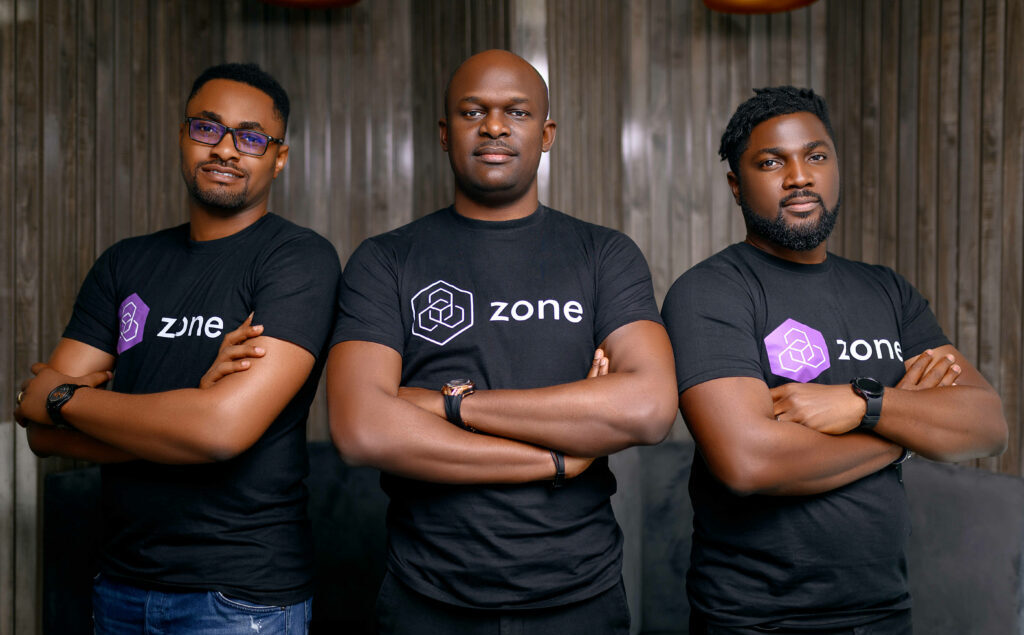Nigerian startup Thepeer, which gained prominence for its API-based payment solutions, has announced its closure just three years after its inception. Thepeer went from securing $2.1 million in seed funding led by Raba Partnership, with participation from Rali_cap Ventures, BYLD, and fintech giants like Chipper Cash and Stitch, to its unexpected shutdown recently announced. “We embarked on a mission to create something unprecedented, a unique method for transferring money between digital wallets and making payments for goods and services directly from these wallets,” the founders said in a statement. “Yet, we soon realized that exceptional
Lagos-based blockchain payments startup Zone has raised $8.5 million in an oversubscribed seed funding round. Nigerian Startup Zone Zone’s fundraising success is part of a growing trend in Africa’s fintech sector, which has recently seen companies like Cleva and Zuvy secure significant investments. Founded in 2008 by Emeka Emetarom, Obi Emetarom, and Wale Onawunmi in Lagos, Nigeria, Zone positions itself as Africa’s first regulated payment blockchain network. Its blockchain-based decentralized payment infrastructure caters to financial service providers across the continent and beyond. The startup has collaborated with over 15 of Africa’s top banks and fintech companies,
Nigeria, Africa’s top cryptocurrency market, is in a major dispute with Binance, one of the biggest names in the crypto world. Nigeria’s government has intensified its crackdown on unregulated crypto activities, resulting in a serious impasse following escalating tensions between Binance and the government. Binance is one of the world’s largest cryptocurrency exchanges. Nigeria cracks down on crypto Nigeria is currently grappling with a debilitating economic crisis, with inflation soaring to nearly 30%. The Nigerian government has turned its attention to cryptocurrency in an attempt to stabilize its currency, the naira (NGN). The
Nigerian fintech startup Cleva has raised $1.5 million in pre-seed funding in a round led by San Francisco-based 1984 Ventures. Founded by Tolu Alabi and Phillip Abel, alumni of Stripe and Amazon Web Services (AWS), Cleva’s product provides a way for Africans to navigate hyperinflation challenges. Africans face persistent challenges in receiving international payments for their skills and products. According to the startup, it is estimated that the market for facilitating payments for remote workers and freelancers in Africa will be an $18 billion opportunity. Nigerian Startup Cleva Cleva is a USD banking platform for emerging
Shekel Mobility, a B2B marketplace and management system for auto dealers, has secured over $7 million in funding, comprising $3.2 million in equity and over $4 million in debt. Small and medium-scale dealerships comprise nearly 82% of the African car dealership market, according to Benjamindada.com. Many of these dealers struggle with offering affordable prices for used cars due to insufficient financing options. In most sub-Saharan Africa, the figure for automotive transactions is less than 2%. Shekel Mobility aims to change that. Shekel Mobility Shekel Mobility empowers auto dealerships to realize








